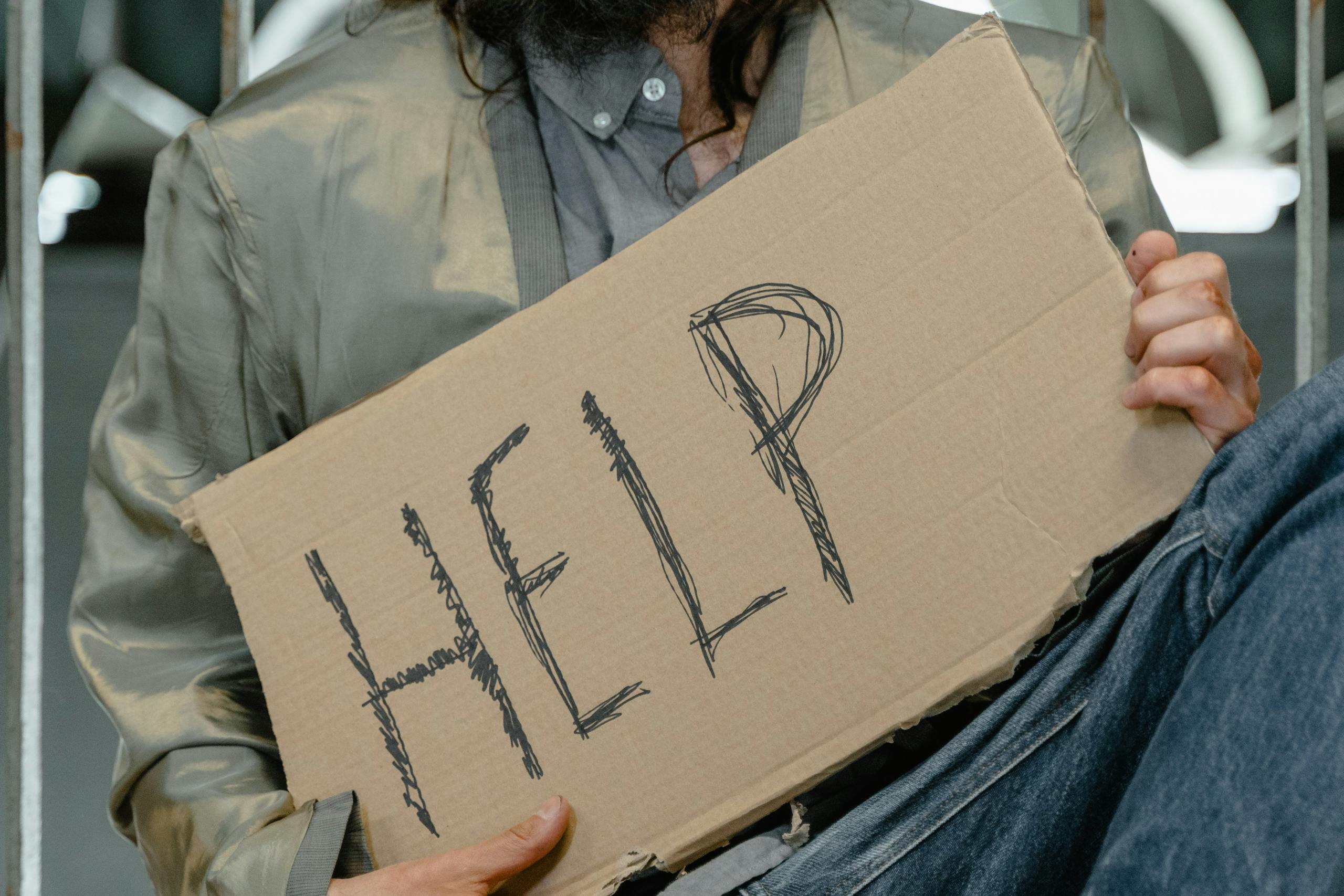The UK government’s new Respect Orders, part of the Criminal Justice Bill, are being sold as a way to tackle antisocial behaviour and “clean up our streets.” Sounds reasonable—no one wants harassment or intimidation in public spaces.
But dig a little deeper, and this starts to look like yet another way to target society’s most vulnerable—people already struggling with homelessness, mental health, or addiction.
What Are Respect Orders, Really?
Respect Orders are a rebranded version of ASBOs. Under this new plan, police and local councils can impose serious restrictions on people they claim are causing “nuisance or annoyance”.
These restrictions can include:
- Bans from certain parks, streets, or public areas
- Mandatory attendance at rehab programmes
- Curfews or area-based movement restrictions
- Regular reporting to authorities
If someone breaks any of these conditions, they aren’t just told off. They’re committing a criminal offence. That can mean a fine, community service, or even two years in prison.
No Support? No Chance.
Here’s the kicker: there’s no legal requirement for police or councils to offer support alongside these orders.
So you might get banned from a town centre for rough sleeping, told to go to rehab, but be given no access to housing, treatment, or transport.
Sounds like setting people up to fail, doesn’t it?
Criminalising People in Crisis
People experiencing homelessness or in the middle of a mental health crisis are far more likely to be caught up in this.
Imagine someone sleeping rough in a doorway they’ve used for months. If that’s now a “restricted zone,” they’re suddenly a criminal.
We’ve already seen how badly this can go. A 2023 report by the Independent Commission on Policing and Mental Health found that, despite years of training, many officers still struggle to respond appropriately to vulnerable people.
As one Criminal Justice Inspectorate report put it:
“Those in crisis need to be cared for in a healthcare setting; they shouldn’t be locked in a police cell or held in a car for hours on end for their safety.”
This Isn’t Justice—It’s Optics
Let’s be honest: Respect Orders don’t deal with the causes of antisocial behaviour.
They don’t fix poverty or build housing, or raise funds for mental health support. There will be no significant increase in youth services.
In fact, Crisis UK found that 70% of homeless people had faced some sort of antisocial behaviour enforcement, but only 22% had received any meaningful help.
A Better Way Does Exist
Other countries have tried something different—and it works.
Finland cut rough sleeping by 80% using a housing-first approach. They didn’t wait for people to “fix” themselves. They gave them a roof over their heads and then offered support.
We could do the same by investing in:
- Mental health crisis teams
- Affordable housing
- Local rehab programmes
- Youth engagement and outreach
What Can You Do?
If this frustrates you, trust me you’re not alone. Here are a few steps you can take:
- Write to your MP – Demand amendments that protect, not punish.
- Support groups like Liberty, Shelter, and Mind – They’re fighting back.
- Share this post – get others talking. Post link
- Attend local consultations – Councils will ask for feedback. Be there.
True Respect Means Support—Not Punishment
Respect Orders claim to make communities safer. But without support, they risk pushing vulnerable people even further into the margins.
This may be the most overused phrase of 2025, but it’s true: How we treat our most vulnerable shows who we are as a society.
Let’s choose compassion over criminalisation. Let’s choose respect that actually means something.

